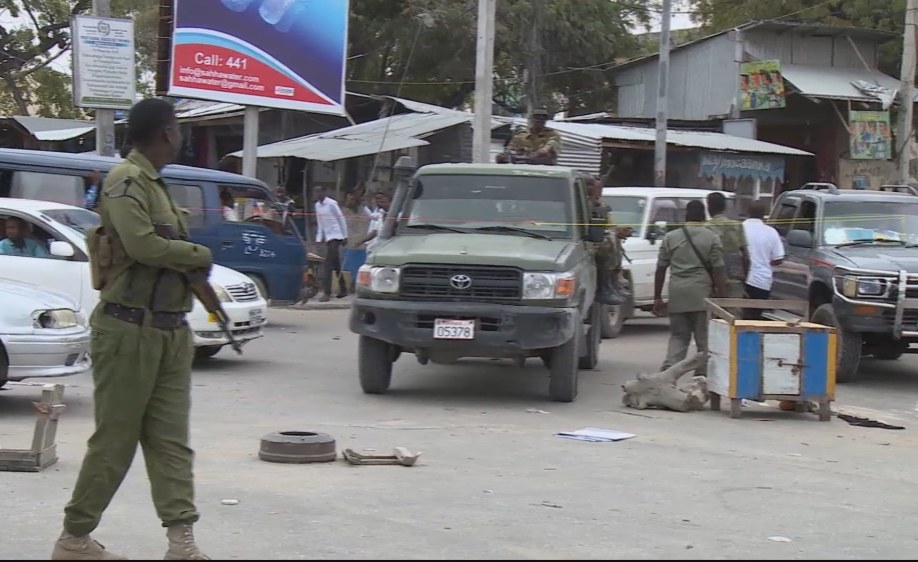London — The Mo Ibrahim Foundation has released a new research brief, Africa’s natural resources and conflicts: a vicious cycle, examining how growing competition over natural resources is fuelling conflicts across the continent – and how these conflicts are, in turn, undermining Africa’s ability to leverage its own wealth for development.
The Foundation warns of a vicious cycle in which resources fuel conflict, while insecurity erodes governments’ capacity to manage those resources effectively, deters investment, and reinforces perceptions of Africa as a high-risk destination.
The new research brief highlights that the security situation in Africa has worsened sharply, with security incidents increasing by 87% between 2019 and 2024. Drawing on data from the 2024 Ibrahim Index of African Governance (IIAG), it notes that Security & Safety is the most deteriorated of all 16 governance sub-categories, declining by -5.0 points between 2014 and 2023 at the continental average level.
While this surge is seen as reflective of wider international rise in conflict, the brief highlights the enormous economic cost of insecurity in Africa. Between 1996 and 2022, intense conflict was associated with an average 20% reduction in annual economic growth. National-level impacts are also stark: in Sudan, GDP is projected to shrink by up to 42% under current conflict conditions.
The research identifies an emerging trend across the continent, where struggles over resource control are intensifying insecurity and weakening governance. The brief includes three case studies:
Keep up with the latest headlines on WhatsApp | LinkedIn
Sudan: The war has deepened an already complex illicit financial flows (IFFs) landscape, with an estimated 57% of gold production smuggled in 2023. Both the SAF and RSF are funding operations through the gold sector, as international actors compete for influence.
The Sahel: Conflicts are increasingly driven by local grievances over land, climate stress, and control of resources such as gold, uranium, and oil. Armed groups, criminal networks, and foreign actors exploit these resources to finance violence, further eroding state authority in Mali, Burkina Faso, Niger, and Chad.
DR Congo: Foreign powers and armed groups continue to fight over the country’s mineral wealth, especially cobalt, of which the DRC produces 75% of global supply. Corruption and underreporting remain rampant, with mining companies failing to declare an estimated $16.8 billion in revenue between 2018 and 2023.
The research underscores the urgent need to address the links between security and resource management to ensure that Africa can leverage its own resources and take ownership of its development agenda.

